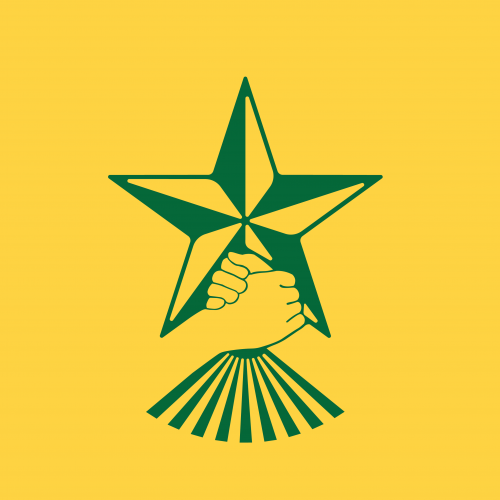Wi’am: The Palestinian Conflict Transformation Center is a grassroots civil society organization based in Bethlehem. In Arabic,“wi’am” means “cordial relationships,” and developing relationships is the essence of our mission. We help resolve disputes within the Palestinian community at the grassroots level by implementing the traditional Arab form of mediation, known as Sulha, along with Western models of conflict transformation. We have programs that empower children, youth, women and men, addressing the psychological and physiological consequences of long-term conflict.
When Wi’am opened its doors in 1994, people living in the West Bank did not accept the authority of the Israeli military occupation, and there was no clear Palestinian authority outside of Gaza and Jericho. Since many of the traditional village leaders (mukhtars) were appointed by the Israelis as part of the occupation, their legitimacy was no longer fully accepted by the community.
Although Palestinian autonomy is now extending into most major population centers in the West Bank, in reality 60% of the West Bank remains under Israeli military occupation. The Palestinian community has been severely weakened by a half-century of Occupation (since 1967), and the transition of power to the Palestinian National Authority is slow-moving. In addition to the newly established court system under the Palestinian National Authority, the traditional Sulha remains essential and legally binding. It is in this context that Wi’am continues its operations.
To learn more, make sure to read our brochure.
 The Wi’am Logo
The Wi’am Logo
We designed Wi’am’s logo to express our unique position within the Bethlehem Palestinian community. The star represents the city and community of Bethlehem, having been a symbol of the region from the early Christian era, and today acting as the official seal of the Bethlehem municipality. The hands, clasped together, represent the act and spirit of unity and reconciliation, as opposed to separate fists, the instruments of conflict. The rays of light represent both the endeavor of nonviolent reconciliation and the enlightenment that comes with learning peaceful methods of conflict transformation.
